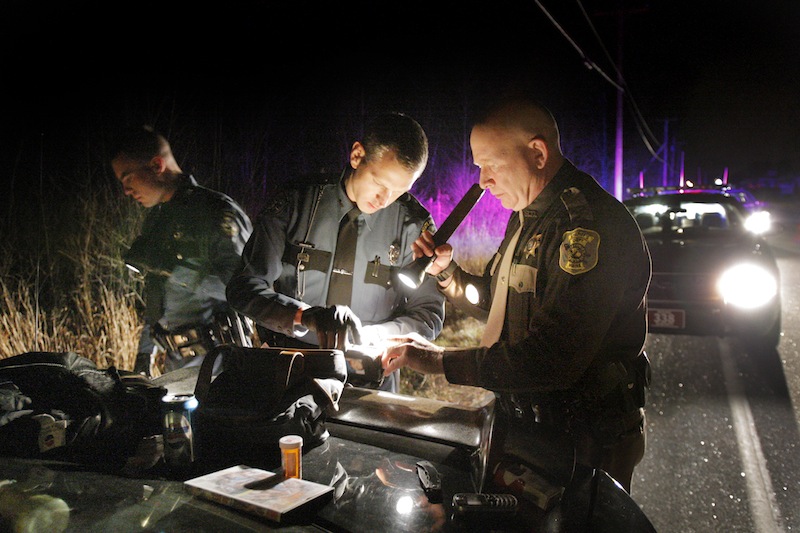A Maine State Police detective was asked to assist in the investigation of the Boston Marathon bombings because of his expertise in cellphone analysis.
The extent of Detective Leonard Bolton’s role in finding Tamerlan and Dzhokhar Tsarnaev isn’t clear, but cellphone location and mapping was instrumental in tracing the brothers’ movements in the suburbs just west of Boston late last week.
Bolton is a member of the Maine Information and Analysis Center and a former member of the state’s Joint Terrorism Task Force, which includes federal, state and local law enforcement.
“I think that’s how the FBI became aware of his skill,” said Col. Robert Williams, chief of the Maine State Police. “When you’re good at what you do, people don’t forget.”
The FBI analyzed huge numbers of images and videos from the finish line of the Boston Marathon to get pictures of the two men who are believed to have planted the homemade bombs that killed three people and wounded more than 180 on April 15.
Police released pictures of the men Thursday afternoon. Within six hours, police had picked up their trail.
On Thursday, the two allegedly killed a Massachusetts Institute of Technology police officer and then forced a man to let them use his sport utility vehicle.
That man escaped at a gas station, according to a court affidavit filed by FBI Special Agent Daniel Genck, assigned to a Boston counter-terrorism squad. The man, who left his cellphone in the SUV, reported the incident to authorities.
Police used the man’s cellphone signal to locate the vehicle in Watertown, according to published reports, leading to a shootout that ended with Tamerlan Tsarnaev dead.
Williams said Bolton “hasn’t disclosed what piece of information they developed or how or whether or not it played an integral part in that investigation.”
Dzhokhar Tsarnaev drove off in the SUV, abandoned it a short distance away and then ran, according to an affidavit in the case. Seventeen hours later, a Watertown man found him hiding in a boat that was stored in his yard.
Bolton was to conclude his assignment in Boston on Monday and was scheduled to be back at work in Maine on Tuesday, Williams said.
Although he doesn’t know what specific role Bolton played in the investigation, Williams said he is confident that Bolton was an important part of a vast law enforcement effort that resulted in the capture of the second bombing suspect.
Bolton’s expertise combines cellphone analysis and Geographic Information System, some of which he learned while working at a state-of-the-art dispatch center in Massachusetts before becoming a trooper more than a decade ago, Williams said.
“He has a forte in using maps and plotting things on maps,” Williams said.
Bolton has used his expertise in high-profile cases including the investigation into the Zumba prostitution case in Kennebunk.
“His skill has been used numerous times in major investigations, anywhere from a who-done-it homicide up to a lost person,” Williams said.
David Hench can be contacted at 791-6327 or at:
dhench@pressherald.com
Send questions/comments to the editors.


